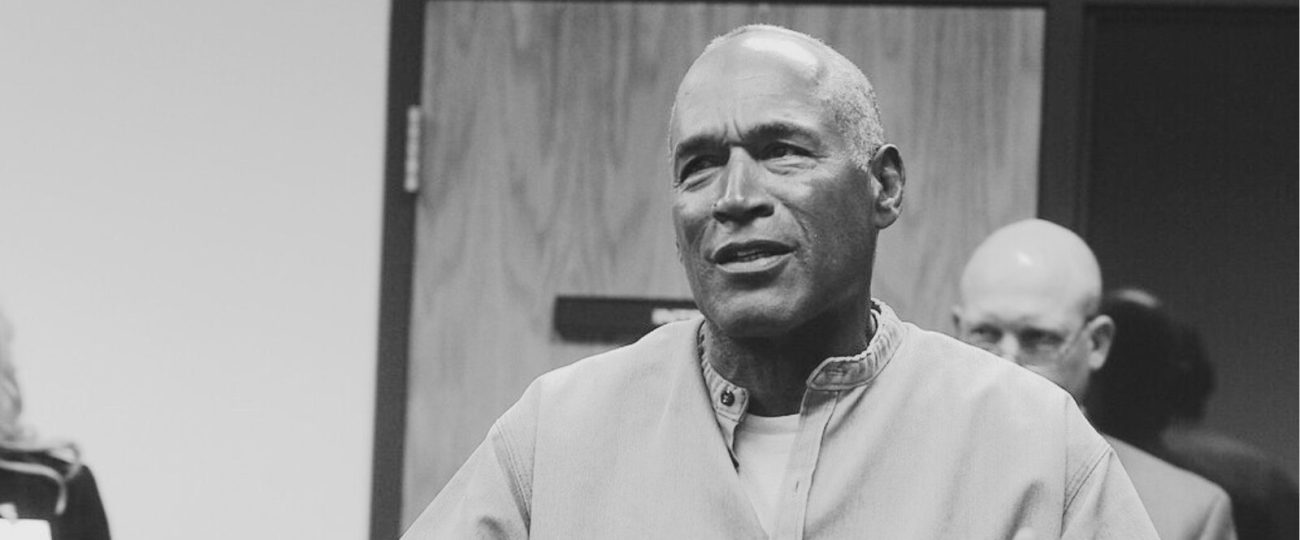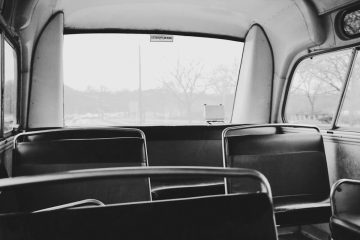What Happened On October 3rd?
On October 3, 1995, at 10:00 a.m., the nation waited as the verdict in the O.J. Simpson murder trial approached. The trial held the public’s attention for over a year, with every moment dissected by the media. Inside the Los Angeles courtroom, silence gripped the room as the jury, having deliberated for less than four hours, entered to deliver their decision. Across the country, people paused their daily routines and focused on what the jury would say.
Simpson, charged with the murders of his ex-wife, Nicole Brown Simpson, and her friend, Ronald Goldman, sat quietly as the clerk prepared to read the verdict. His supporters later recalled that he had spent the morning anxiously awaiting the moment. When the jury declared him “not guilty,” the courtroom burst into contrasting reactions. Simpson’s defense team celebrated their victory, while the families of Nicole and Ron sat in stunned silence. Simpson himself appeared calm, but insiders noted the relief that washed over him after the announcement. The outcome left many questioning how the trial had shifted in such an unexpected direction.
Outside the courtroom, the verdict divided the public. In many Black communities, celebrations erupted as people viewed the acquittal as a rare instance of fairness from a justice system that had historically failed them. In contrast, many white Americans reacted with disbelief and anger, convinced that Simpson’s guilt had been clear. Polls taken after the verdict exposed a sharp divide in public opinion, with a majority of Black Americans supporting the decision, while many white Americans felt justice had not been served. The trial unearthed long-standing racial tensions that had been simmering in the United States.
Later that day, Simpson returned to his Brentwood home, where media and neighbors gathered to watch his arrival. Seeing Simpson walk back into the house he had shared with Nicole evoked strong reactions. Some saw it as an attempt to move forward, while others viewed his return as unsettling, given the association with the crime. His decision to return to Brentwood reignited debates about his innocence and deepened the public divide over the trial’s outcome.
Television networks immediately launched continuous coverage, with reporters gathering reactions from around the country. The trial had become much more than a legal matter—it sparked national conversations about race, celebrity, and justice. Despite the complex evidence presented over the course of the trial, the jury reached its decision in just under four hours. Jurors later admitted feeling overwhelmed by the sheer volume of evidence and were swayed by the defense’s argument that the LAPD mishandled the investigation, creating reasonable doubt.
Johnnie Cochran, Simpson’s lead attorney, orchestrated a defense strategy that undermined the prosecution’s narrative. During the trial, when Simpson tried on the gloves found at the crime scene and they appeared too small, Cochran seized the opportunity. He famously declared, “If it doesn’t fit, you must acquit,” turning the moment into a critical part of the defense. What few people realized at the time was that the gloves had shrunk from exposure to moisture, a fact the prosecution failed to explain clearly to the jury. This lapse allowed Cochran to cast doubt on the prosecution’s evidence.
Detective Mark Fuhrman’s involvement in the investigation further damaged the prosecution’s case. When tapes of Fuhrman using racial slurs surfaced, the defense used them to argue that racial bias had tainted the investigation. Fuhrman’s credibility collapsed under the weight of his own statements, giving the defense an opening to suggest that the entire investigation had been compromised. By focusing on Fuhrman’s behavior, the defense shifted the conversation from the physical evidence to larger questions about institutional bias, making it harder for the prosecution to maintain control of the narrative.
The trial fundamentally changed how the media covered criminal cases. Networks provided wall-to-wall coverage, turning the proceedings into a daily fixture in households across the country. The public became deeply invested in the trial’s twists and turns, and it blurred the line between serious legal matters and entertainment. Jurors, who had been sequestered for an unprecedented 265 days, later described the emotional toll of their isolation. They felt the weight of the public’s scrutiny, and many acknowledged the difficulty of processing the overwhelming evidence. Several jurors admitted that the length and complexity of the trial influenced their desire to reach a quick decision during deliberations.
After the verdict, Fred Goldman and the Brown family quickly began preparing to file civil suits against Simpson. Though Simpson had been acquitted in the criminal trial, the families of Nicole and Ron pursued justice through civil litigation. Fred Goldman, determined and unwavering, vowed to hold Simpson accountable for the deaths of his son and Nicole. The civil trial, which concluded in 1997, found Simpson liable for wrongful death and ordered him to pay $33.5 million in damages. However, collecting the full amount became a prolonged battle for the families, as Simpson’s finances became increasingly complex.
Simpson’s life after the trial changed drastically. Though acquitted, he faced social ostracism from many of his former friends and associates. Even his return to Brentwood, once a symbol of his success, did little to restore his standing in the community. Ultimately, Simpson remained in California, but his post-trial life looked nothing like the one he had enjoyed before.
Jurors, who had spent more than eight months sequestered, returned to their lives, but many struggled to move past the trial’s emotional toll. Some later spoke about the intense pressure they felt during deliberations, knowing that their decision would be scrutinized by the entire nation. The speed of the verdict led some to question whether the jury had adequately considered the evidence, but their decision continued to stir debate for years. The trial reshaped public discourse on justice, race, and the influence of celebrity, leaving a lasting imprint on American society.





